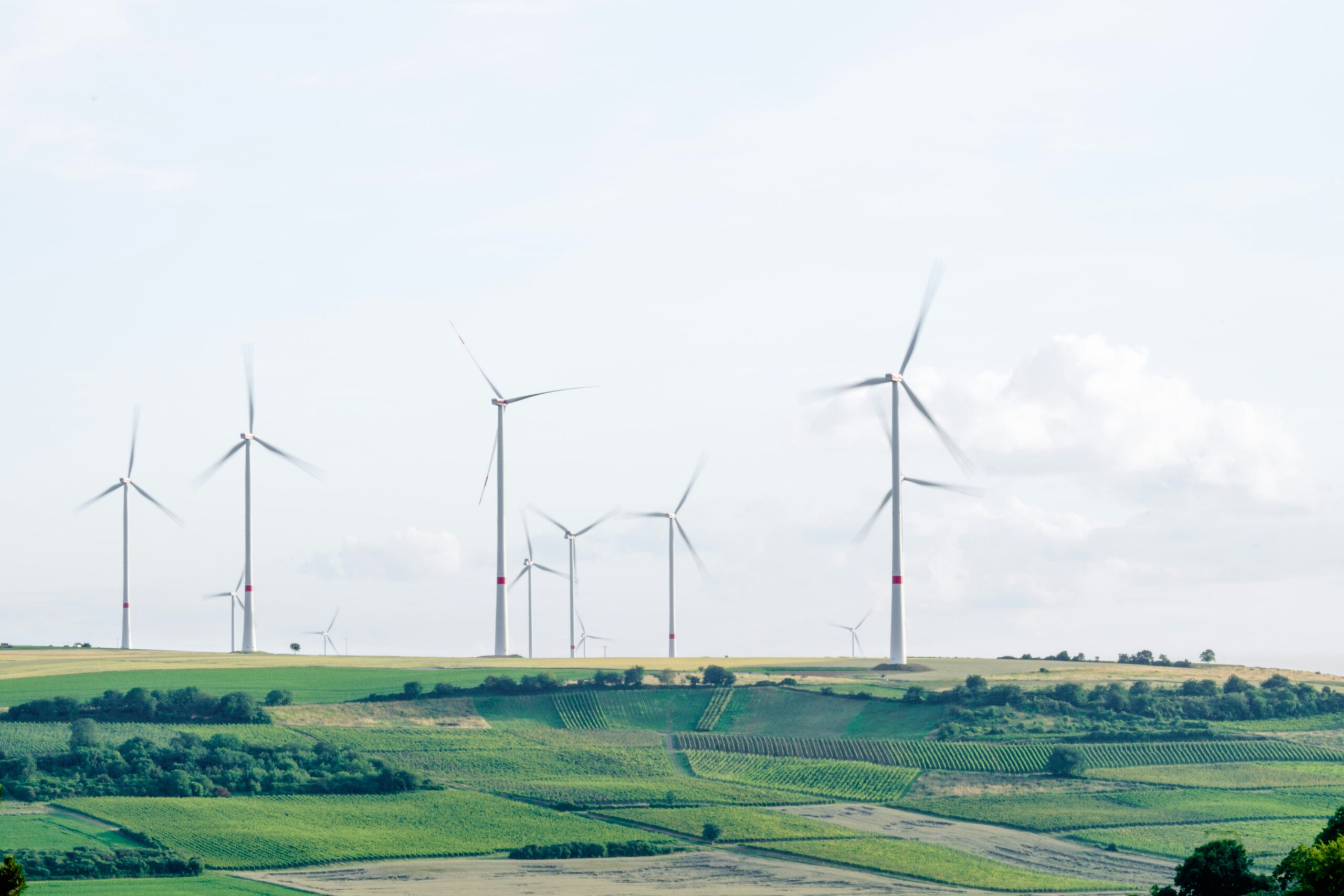If your neighborhood is suddenly plunged into darkness due to a major power outage, don’t panic! With a calm and prepared approach, you can navigate this situation smoothly. This article will guide you through essential steps to ensure your safety and comfort during such an event, from securing basic necessities like water and food to finding ways to stay informed and connected. By following these tips, you’ll be well-equipped to handle a power outage and keep your household running as smoothly as possible.
What Should I Do If There Is A Major Power Outage In My Neighborhood?
Have you ever wondered what exactly you should do if there’s a major power outage in your neighborhood? Power outages can be more than just a minor inconvenience; they can disrupt day-to-day life, pose safety concerns, and even lead to financial losses. Preparation, awareness, and quick response are key to navigating through such scenarios smoothly.
In this article, we’ll take a deep dive into the steps you should take if a major power outage occurs in your neighborhood. We’ll cover everything from immediate safety measures to long-term preparations, making sure you’re ready for any eventuality.
Understanding the Immediate Impact
Assess the Situation
The first thing you should do when the power goes out is to assess the immediate situation. Look outside to see if your entire neighborhood is affected or if it’s just your house. Grab a flashlight or use your phone’s torch to safely navigate your home if it’s dark.
Check Emergency Communication Devices
Your regular communication methods like your home phone and internet may be down during a power outage. It’s essential to have battery-powered or hand-crank radios available to get news updates. Cell phones can also serve as a crucial communication tool, but make sure to conserve battery power.
Turn Off Electrical Appliances
When the power goes out, turn off and unplug all non-essential electrical devices. This helps avoid damage from potential power surges when electricity is restored. Pay particular attention to your kitchen appliances, electronics, and computer systems.
Ensure Food and Water Safety
Check your food and water supplies immediately. If you have a generator, make sure it’s functioning properly to keep your refrigerator and freezer running. Otherwise, keep refrigerator and freezer doors closed as much as possible to maintain the cold temperature.
Maintaining Safety During an Outage
Use Flashlights Instead of Candles
While candles can provide light, they are a fire hazard. Battery-operated flashlights are a safer alternative. Keep extra batteries on hand, as you don’t want to run out during an outage.
Keep Warm or Cool
Depending on the season, you might need to focus on keeping warm or staying cool. During winter, gather extra blankets and wear layers of clothing. In summer, use battery-operated fans and stay hydrated.
Secure Your Home
Keep an eye out for any safety concerns. If you live in an area where looting is a risk, ensure that your home is secure. Lock your doors and windows, and if you have a home security system that’s down due to the outage, consider informing your neighbors to be extra vigilant.

Communicating and Updating
Stay Informed
Keep informed about the outage through battery-operated radios or cell phones. Local news stations, either on the radio or via mobile apps, will provide updates and information on when power might be restored.
Inform Family and Friends
Make sure to notify your family and friends about your situation. Text messages usually consume less battery and are more reliable than phone calls during emergencies. Establish a communication plan with your close ones, especially if you have family members who live alone or are vulnerable.
Using Generators Safely
Proper Placement
Generators can be lifesavers during power outages, but they come with their own set of risks. Place generators outside your home and away from windows and doors to avoid carbon monoxide poisoning. Never use generators inside your home, garage, or basement.
Follow Instructions
Read the manufacturer’s manual thoroughly to understand the proper use of the generator. Misusing it can not only damage the generator but also pose a significant safety risk.
Fuel Storage
Keep enough fuel to run your generator for an extended period, but store it safely. Avoid overstocking inside your home to minimize fire risks.

Long Term Preparation
Emergency Kits
Having an emergency kit prepared can save you a lot of hassle. Here’s a quick list of items you should include:
| Item | Quantity/Description |
|---|---|
| Flashlights | At least 2, with extra batteries |
| First Aid Kit | Basic medical supplies |
| Non-perishable Food | Enough for at least 3 days per person |
| Bottled Water | 1 gallon per person per day for at least 3 days |
| Battery-powered Radio | To stay updated with news and weather alerts |
| Cell Phone Chargers | Portable chargers or hand-crank phone chargers |
| Generator (optional) | Follow safety guidelines as mentioned above |
Backup Power Options
Consider investing in backup power options like solar panels or a gas generator. While these can be costly upfront, they offer peace of mind and security during extended outages.
Dealing with Extended Outages
Alternative Accommodation
If the power outage is likely to last several days, consider staying with friends or relatives who have power. Alternatively, look for shelters or hotels that have backup generators.
Work and School Considerations
Keep updated with your workplace and your children’s school. Many companies and schools have contingency plans for such scenarios, including remote work and study options.
Financial Preparedness
Extended outages can lead to unanticipated expenses. Having an emergency fund can help you manage any extra costs, such as fuel for generators, hotel stays, or replacing spoiled food.

Psychological Well-being
Stay Positive
Extended power outages can be stressful. Try to keep a positive outlook and stay busy with activities like reading, board games, or puzzles. Keeping a routine can help maintain a sense of normalcy.
Community Support
Engage with your community during the outage. Helping neighbors, especially those who are elderly or have young children, fosters a sense of community and can make the situation less daunting.
Post-Outage Steps
Inspect Your Home
Once power is restored, inspect your home for any damage. Check your electrical appliances and systems to ensure they are functioning correctly. If you find any issues, consider bringing in a professional for repairs.
Restock Supplies
Replenish your emergency supplies as soon as possible. This includes restocking non-perishable foods, bottled water, batteries, and any medical supplies you may have used.
Reflect and Adapt
Analyze how well you coped during the outage and adjust your emergency plans accordingly. Were there any supplies you wished you had but didn’t? Make note of them for future preparedness.

Legal and Community Resources
Utility Provider
Contact your local utility provider to report the outage and get updates. They often provide estimated restoration times and can offer advice on how to handle the outage.
Local Government
Your local government may have resources or shelters available for residents during extended outages. Check their website or social media pages for information.
Summary
Experiencing a major power outage can be challenging, but with the right preparation and steps, you can navigate through it safely and efficiently. From immediate safety measures and communication strategies to long-term preparations and post-outage recovery, every step you take ensures that you and your loved ones remain safe and comfortable.
By staying informed, maintaining safety, using generators properly, preparing emergency kits, and looking after your well-being, you can handle any power outage with confidence. Remember, the key to managing any emergency is preparation and a positive mindset.
Would you like to take any specific steps to prepare for a power outage based on this guide? Feel free to share your thoughts or any additional tips you might have!


